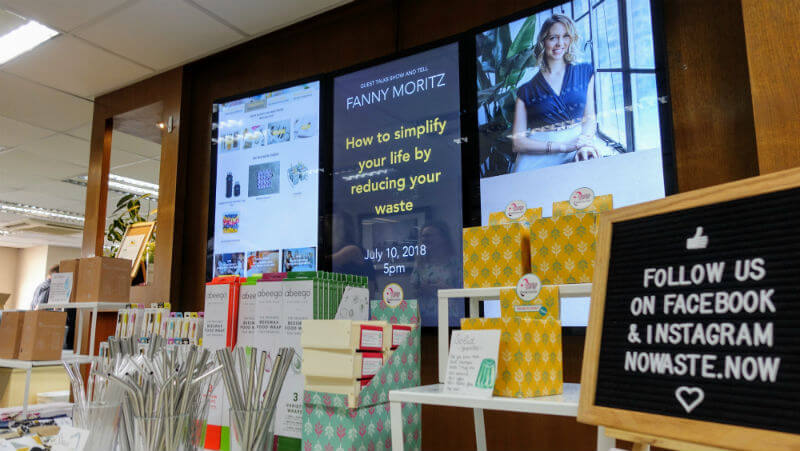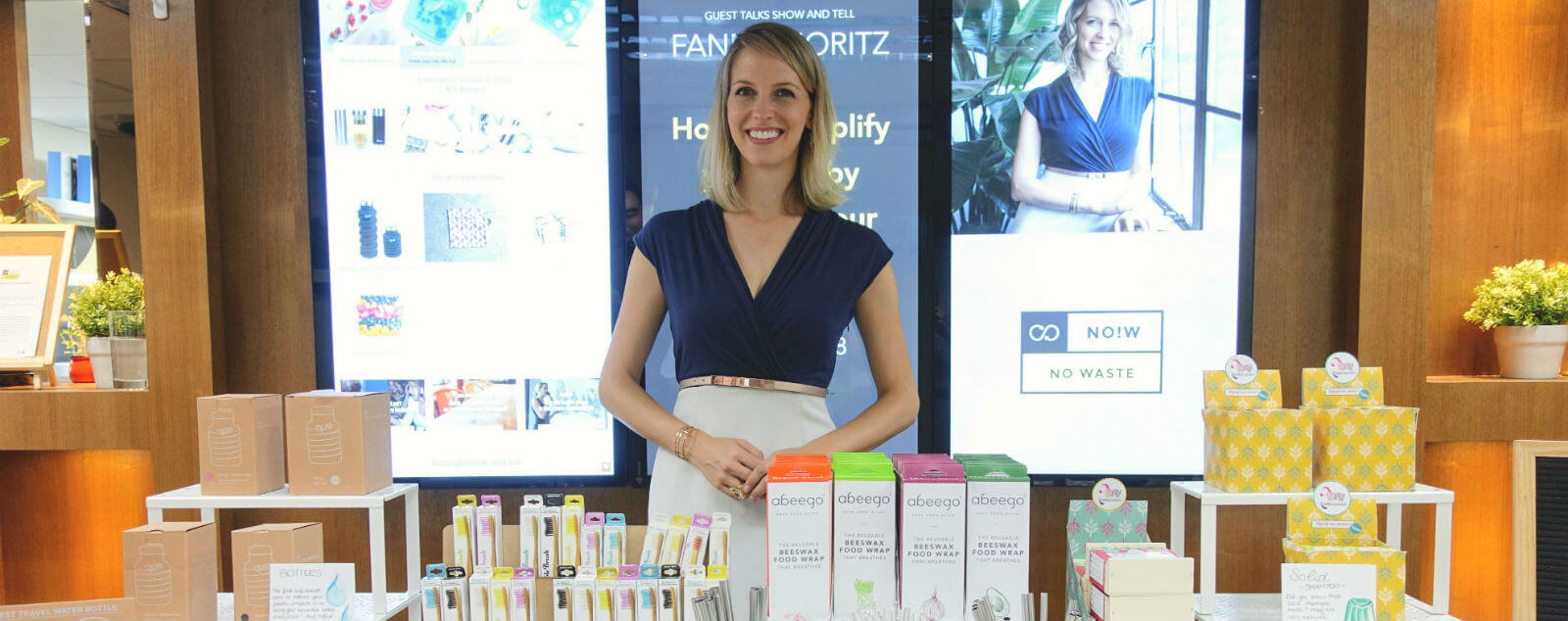6 - 6Shares
Making the switch to a more eco-friendly lifestyle isn’t easy. It requires an intense passion for the environment, as it’s incredibly easy to forego sustainability for convenience.
It’s not just individual consumers who should be doing their part to save Mother Earth. Corporations should, more importantly, make sustainability a top priority. Nixplay recognizes the need to shift to more responsible practices, and is now taking the necessary measures to reach Zero Plastic Packaging status in the near future. The company is also exploring ways to incorporate post-consumer recycled resin into its product range, reducing the plastic waste that may end up in the ocean or in a landfill.
“Ultimately, our sustainability objective should be around how to make our products durable beyond the assumed product cycles as the plastics we make will most certainly outlive you and me,” says Lawrence Chu, Nixplay’s Principal Designer. “The best way to prevent plastic waste is not recyclability, but to ensure that we don’t produce products that aren’t useful and end up being discarded.”
In line with this goal, Nixplay invited on July 10 Fanny Moritz, the founder and CEO of eco-friendly lifestyle concept store NO!W No Waste, to share some easy things we can do in order to live a more sustainable life. Here are some things we learned from her:
1. Refuse things that can result in waste.
“You need to refuse the plastic bags that they give you in the grocery stores,” says Fanny. “Just bring in your own reusable bags, because I’m sure you already have some reusable bags at home.”
Same goes for plastic bottles. “Even if you really want to drink, just drink out of your own water bottle. Even if it’s a plastic bottle, it’s okay! Just refill it and don’t throw it away.”
You can also decrease clutter by unsubscribing from junk mail and by turning down freebies you really won’t use, like pens and fans.

Fanny Moritz discusses sustainability initiatives with the Nixplay family.
2. Reduce the things you buy.
Fanny swears by Marie Kondo’s bestselling book, The Life-Changing Magic Of Tidying Up. Kondo believes that everything you have at home needs to be loved by you, and this simple creed can drastically change your life.
“I’ve stopped buying new clothes. If I have to buy, I try to look for a secondhand option,” she shares.
Another way to reduce your carbon footprint is by assembling your own dining kit, consisting of metal cutlery, a cloth napkin, and reusable straws made of either metal or bamboo. This way, you don’t have to use disposable plastic utensils when you dine out.
3. Reuse the things you already have.
Fanny reuses glass jars and uses them as storage containers for her food, which she buys in bulk. “What is good about buying your food in bulk is that you don’t buy the packaging and the branding,” she shares.
Cotton balls and disposable feminine hygiene products might also be necessities for a lot of people, but they create a lot of waste and end up polluting the environment. In lieu of these, you can use reusable cleansing wipes and menstrual cups instead. Sure, you have to exert a little effort in order to sanitize them properly, but it’s a small price to pay in order to keep Mother Nature safe, right?

Some items you can use to live a more sustainable lifestyle: reusable straws, bamboo toothbrushes, and cleansing bars.
4. Recycle as much of your trash as you can.
Segregate your garbage and bring items like aluminum cans, glass bottles, and plastic containers to your neighborhood recycling center, where you can get some money out of them. You can also look for stores that invite customers to bring in their old items to use their sustainability initiatives.
“Nike does a very good job on this,” Fanny shares. “You can bring your own used shoes, and they’re going to use them to create a surface for a competition, for example.”
5. Rot (or compost) what you have in your kitchen.
A yard is usually a requirement for a compost pit—something a lot of people don’t have in the age of apartment living. If you don’t have the space needed for a compost pit, you can get an electronic composter, which can transform your food scraps into fertilizer. Living a zero-waste lifestyle has never been easier.
Want to start your own zero-waste journey? Visit NO!W No Waste to discover more plastic-free initiatives you can start on your way to living a truly sustainable life.
Marianne is Nixplay’s Web Content Editor. Her hobbies include exploring new places, playing table tennis, and cuddling puppies. Send her a message at marianne.salazar@nixplay.com.
- 6Shares
6


1 Pingback